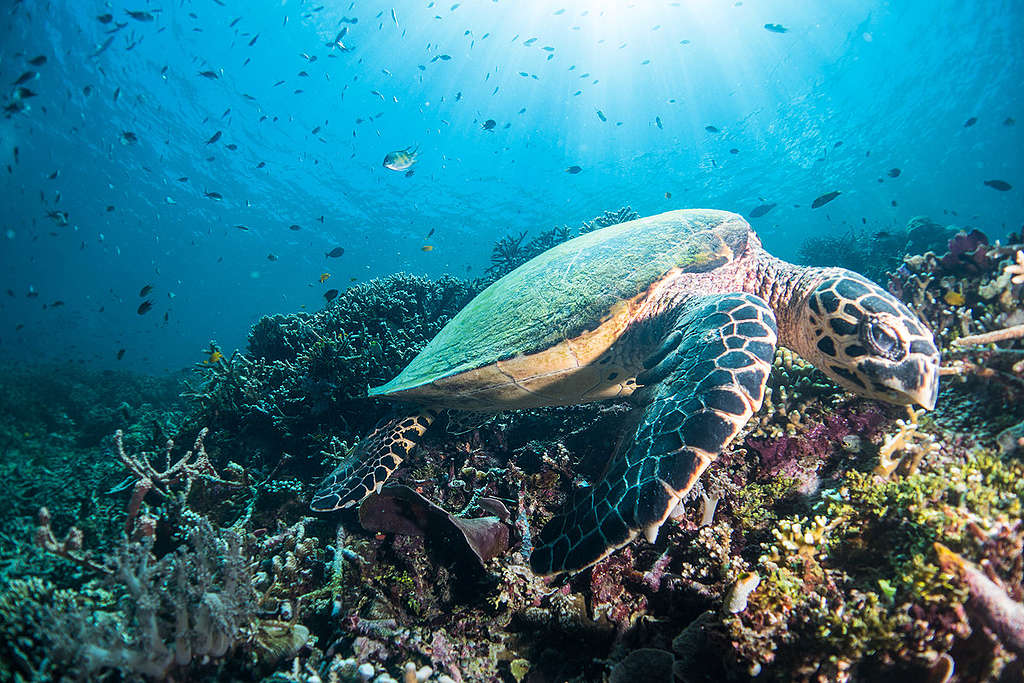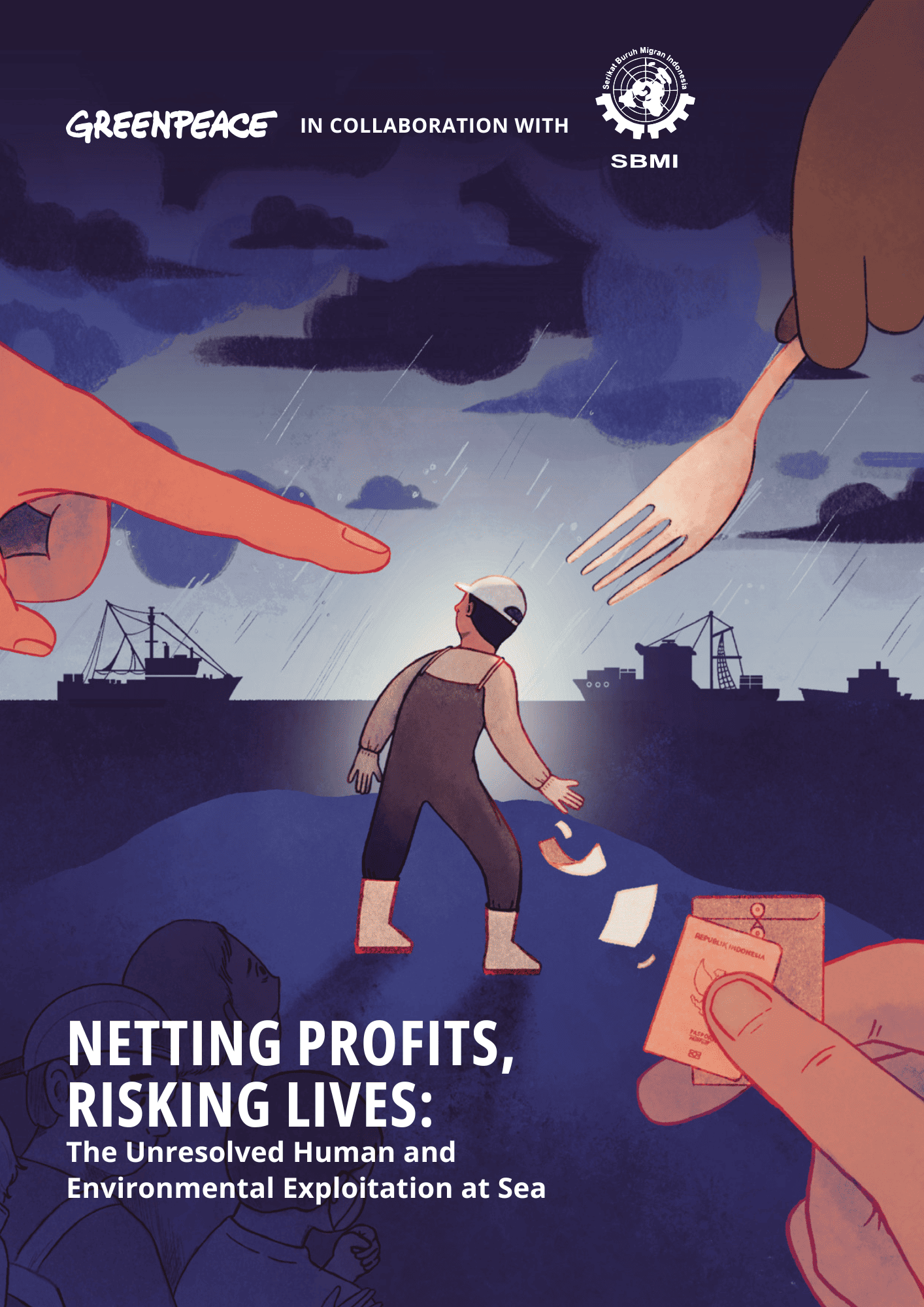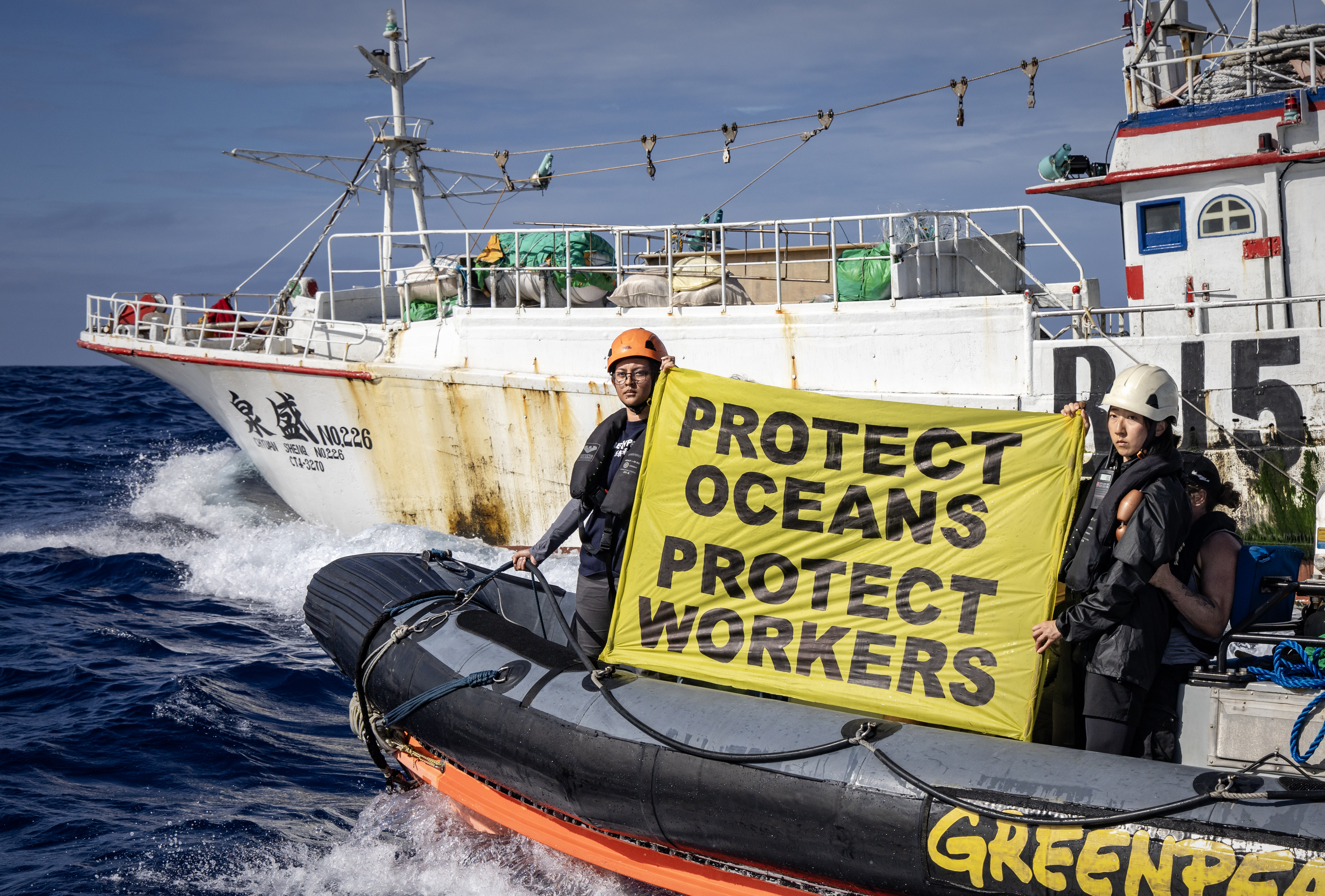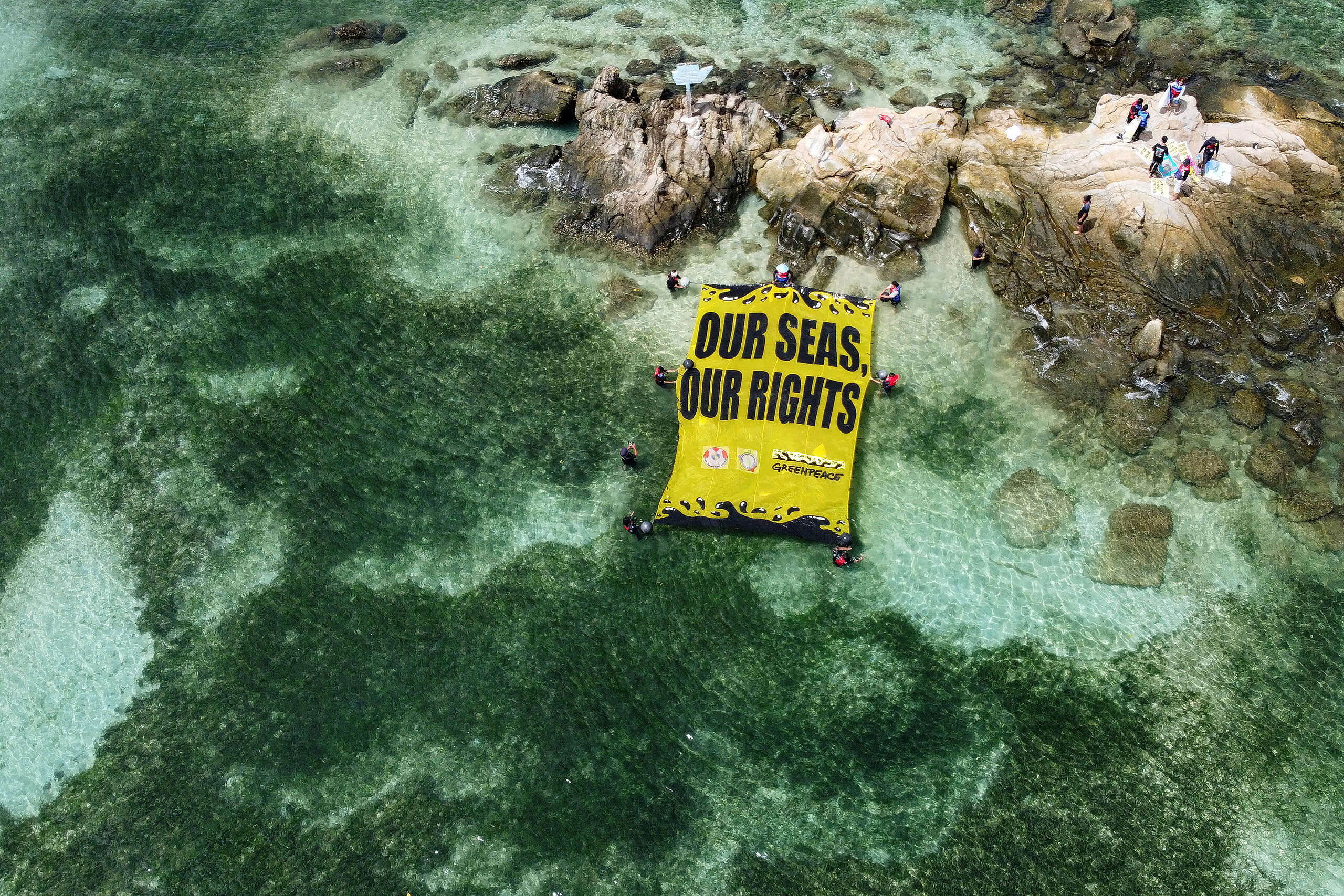The COVID19 crisis has affected our lives in many ways and forced us to think differently about the very basic and ordinary things we do every day.
Like me, making sure you have enough food on the shelves may have been one of the first thoughts on your mind when your country, province or city was forced into lockdown. And like me, your emergency supplies may well have included a good stock of canned tuna.
But in your dash to protect yourself and your family from the pandemic, did you think about what might have happened before that canned tuna found its way into your shopping bag?
Probably not, but here’s a big reason why you should. Modern slavery and human rights abuses at sea are real and happening today, and the tuna industry is at the centre of this global scandal.
Thailand is one of the world’s biggest tuna exporters, exporting USD 2.256 billion worth of processed tuna in 2018 alone. Indonesia, Philippines, and Vietnam are also among the top 10 exporters – and together with Thailand, these four countries combined made up 42% of all canned tuna exports in 2018. Businesses this big need thousands of workers at sea and in cannery factories.
In the latest of our cannery report “Sustainability and Justice on the High Seas” [1] Greenpeace Southeast Asia highlights the current state of the industry across the region.
After evaluating nine canned tuna brands in Thailand, five canneries in Indonesia, and six canneries in the Philippines we have found that whilst considerable progress has been made towards traceability and sustainability, we are far from seeing a fair and transparent system for workers.
Only 11 of those 20 companies have established measures for the early detection and prevention of modern slavery at sea. Just four of them have whistleblower and anonymous hotlines or email where workers can file complaints. You can read the full report here.
So, back to that can of tuna in your shopping bag. While we all adapt to living through this pandemic, we ask that you take that spirit of change to help create a better normal for the fishers and factory workers at the heart of Southeast Asia’s tuna industry.
Join us at Greenpeace Southeast Asia in building a brighter and fairer future for these workers. Your campaign starts at the grocery store. Find out more here
Ephraim Batungbacal (Sonny) is Regional Oceans Research Coordinator for Greenpeace Southeast Asia. Sonny is currently involved in the “Beyond Seafood” campaign which aims to address social and environmental issues confronting the seafood industry.

The threats facing our oceans are getting more urgent, find out how you can make a difference
Get Involved


